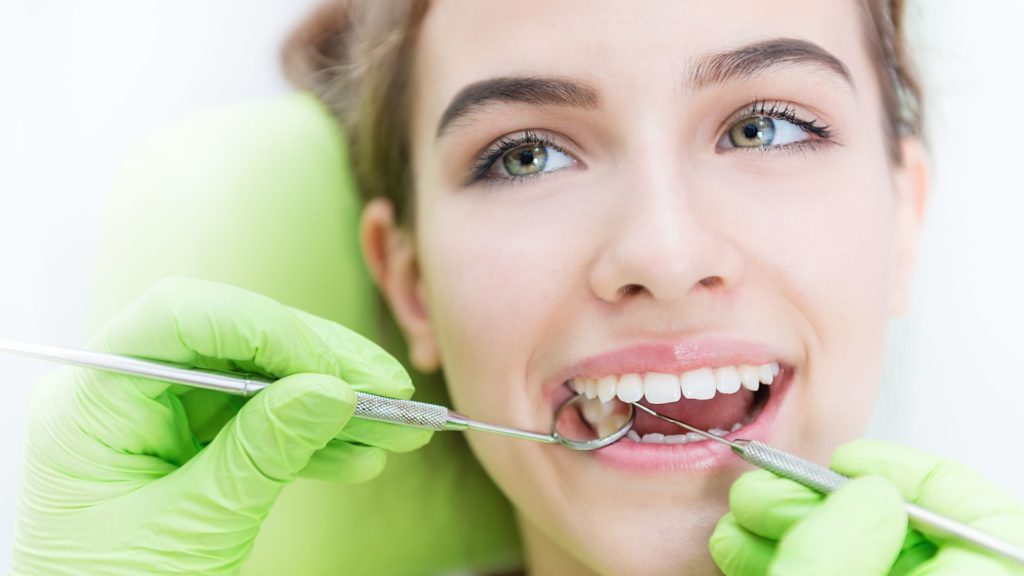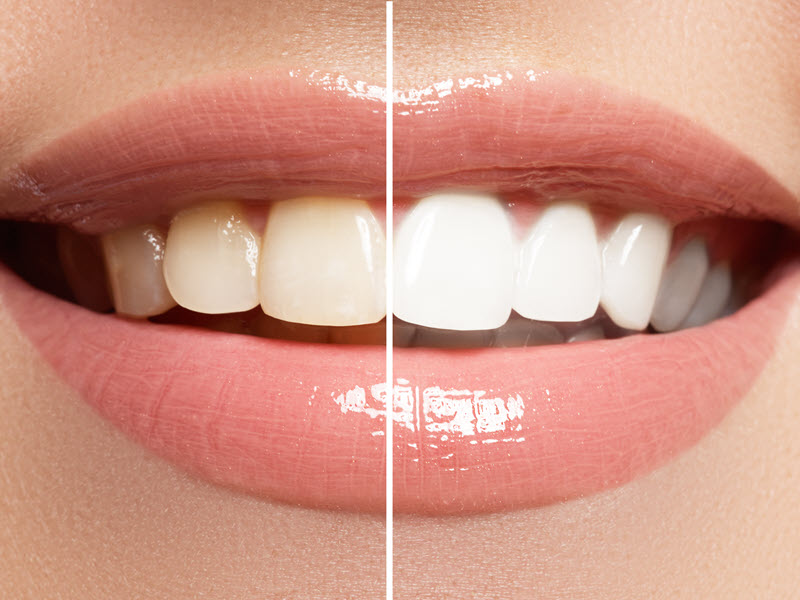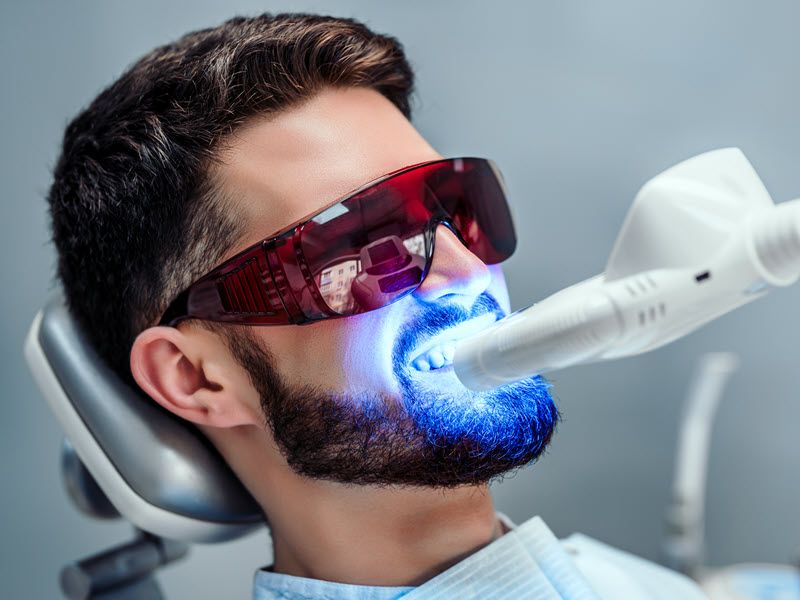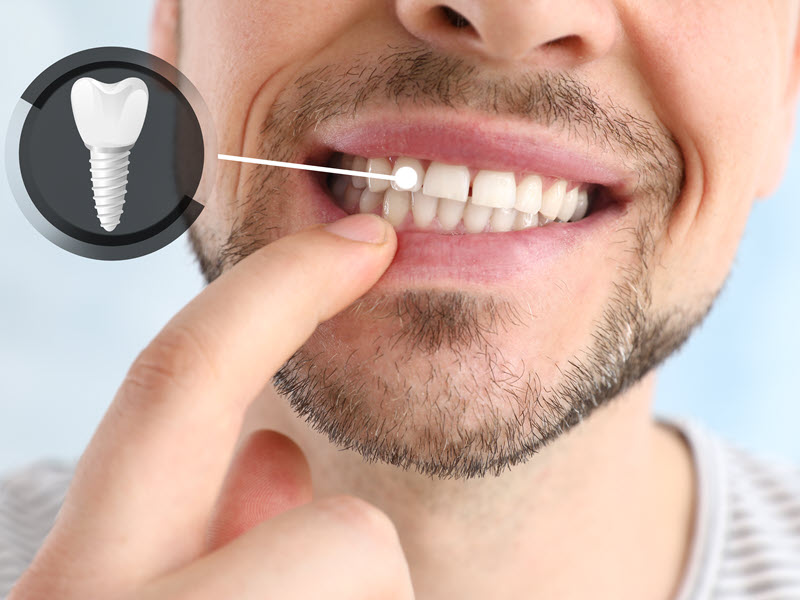Temporomandibular Joint Disorder Treatment
If you’re suffering from TMJ problems, you’re not alone. Many people in the United States suffer from TMJ Disorders. According to the National Institutes of Health, between 5% and 12% of the population suffer from conditions related to TMJ Disorder. The condition is twice as common among women as men. Women taking oral contraceptives or supplemental estrogen seem to be disproportionately affected.
TMJ Symptoms
TMJ symptoms can include headaches, neck, jaw, and even pain extending down into the shoulders, facial pain is also common.
It can make it difficult to open and close your mouth. Your jaw may even lock in place at times and it may be difficult to get it moving again. You may even be experiencing aching pain and ringing in your ear.
For some, the condition is temporary and the pain goes away after a while – but for most the pain and symptoms are chronic.
TMJ Causes
There are many possible causes of TMJ, including:
TMJ Due to Trauma or Injury to the Jaw
A blow to your jaw could result in damage or inadvertent repositioning of a shock-absorbing cartilage disc in your jaw
Teeth Alignment Issues
Merely having a bite that isn’t properly aligned is probably the most common cause of TMJ. Repeatedly biting and chewing at awkward positions can cause serious side effects over time.
Arthritis
Arthritis is a condition that can affect joints – including your jaw. The wearing down of cartilage may be worn down and unable to adequately cushion bones from making contact with each other.
Grinding Your teeth (Bruxism)
Grinding your teeth can be bad for your jaw because it may put stress on the temporomandibular joint. This could result in problems with the cartilage within the joint.
Stress
Related to grinding, high stress may increase your chances of suffering from TMJ pain. Stress can manifest itself through grinding and constantly having your teeth clenched. This can have an adverse effect on your teeth, temporomandibular joint, and jaw muscles.
TMJ Exam and Assessment
The first step in TMJ Treatment is to come into our office for an exam. Dr. Murphy will assess the state of your jaw by taking a look at your jaw and taking x-rays. He’ll listen and feel for any clicking noises when you open your mouth and analyze the range of motion in your jaw.
You’ll also be asked about your symptoms and medical history. From this, our dentist should be able to make an assessment about the root cause of the TMJ, as well as some possible treatment options.
TMJ Treatments
There are many different treatments available for TMJ Disorder. Some common treatments include:
PhotoBioModulation Therapy
One of the techniques we use to reduce the impacts of TMJ is photobiomodulation through the use of safe and minimally invasive laser technology.
PBM employs low-level, visible-red to near-infrared light radiation to encourage cells’ inherent healing, pain relief, and inflammation reduction. Use of this method promotes quicker tissue regeneration, cell metabolism stimulation, improved lymphatic flow, and microcirculation stimulation.
This minimally invasive therapy is tailor-made for healing and pain management. It works quickly and has less impact on recovery time than other TMJ treatment methods.
Botox Treatment for TMJ
At Murphy Dental, we offer Botox injections as a way to relieve the tension in your jaw. The result is a reduction in the severe headaches and jaw pain that is often times associated with TMJ.
We offer highly effective botox treatment for TMJ.
Physical Therapy
Strengthening your jaw muscles over time can sometimes alleviate the symptoms associated with TMJ disorders.
Oral Appliances
In some cases, mouth guards may be able to mitigate the symptoms of TMJ pain. Night mouth guards can help to eliminate bruxism (teeth grinding) which is sometimes a major contributor to TMJ pain.
Behavior Modification
Grinding teeth, chewing hard foods, and chewing repetitively (like chewing gum) may all contribute to TMJ for some people. It may be possible that changing these behaviors can result in a reduction of pain.
Medications
In some cases, medication may be prescribed to provide pain relief for the symptoms of TMJ disorders. This may not be an effective long-term solution for chronic TMJ problems.
Surgery
In more severe cases, oral surgery may necessary to provide pain relief to your jaw joint and provide better functioning of your TMJ
What Insurance Covers TMJ Treatment?
This will vary widely by the insurance carrier.
Depending on the severity of the TMJ and the treatment plan, some TMJ treatments may be at least partially covered by insurance.
Get in touch with our Fort Collins dental office to know for sure. We are experts with dental insurance. Just call and provide us with your insurance carrier and your questions about treatment options. We’ll be able to tell you what your insurance company is willing to pay for.
Next Steps
If you’re in discomfort from symptoms of TMJ contact our Fort Collins dentist – Dr. Murphy. Our dentist will provide you with a comprehensive exam and come up with an effective treatment plan.















